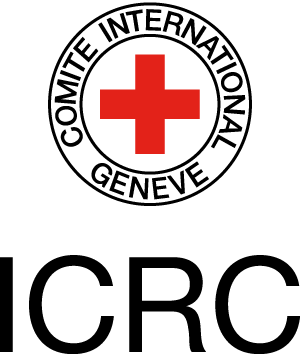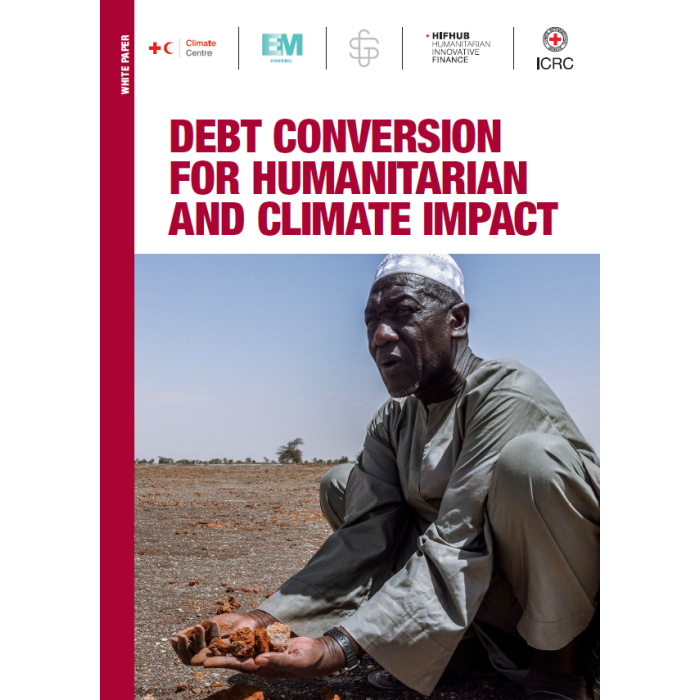We use cookies to make your experience better. To comply with the new e-Privacy directive, we need to ask for your consent to set the cookies. Learn more.
Debt Conversion for Humanitarian and Climate Impact
People affected by armed conflict and other violence continue to face devastating humanitarian consequences, with the climate crisis compounding risks and heightening vulnerabilities. Restricted aid budgets, and the increase in climate-related humanitarian emergencies, call for new approaches that allow local leadership to build affected people’s resilience and increase their capacity to anticipate and respond to crises. Funding humanitarian aid through bilateral debt cancellation is nothing new. However, conventional arrangements tend to be cumbersome and time-consuming, often with long structuring, negotiation and execution periods. The International Committee of the Red Cross (ICRC), together with partners from the International Red Cross and Red Crescent Movement, has developed a financing model known as the Rapid Disbursing Debt Conversion Mechanism (RDDCM, or the Mechanism). With a streamlined transaction structure, this model aims to address these problems by facilitating the rapid release of local currency in the affected country, in order to mobilize resources for National Red Cross and Red Crescent Societies and provide critical assistance to affected populations. Thanks to the Standby procedure to pre-arrange the activation of the RDDCM in anticipation of a humanitarian crisis or emergency, the Mechanism offers an innovative alternative for channelling climate and humanitarian funding to a locally led response, including in conflict settings that are typically deprived of other forms of climate finance.
In stock
Only %1 left
CHF 0.00


